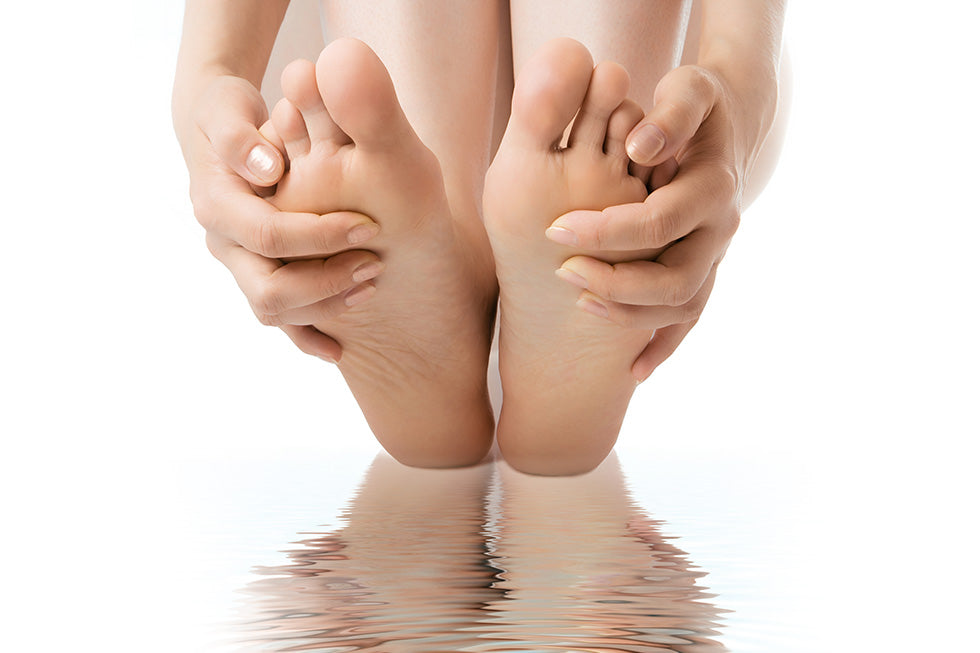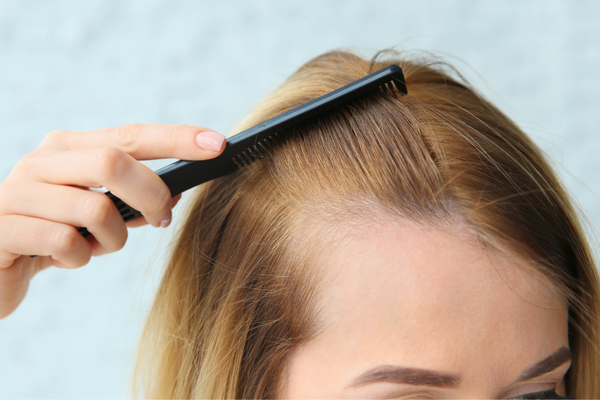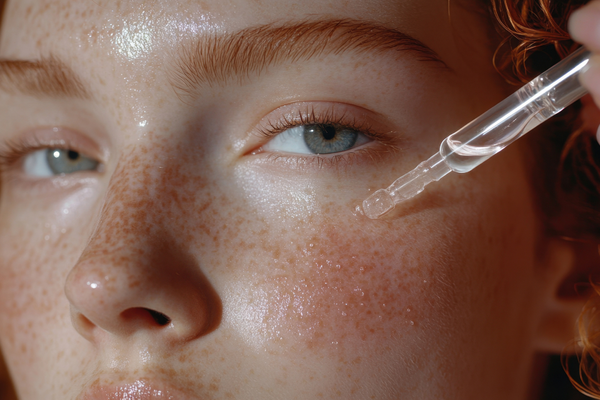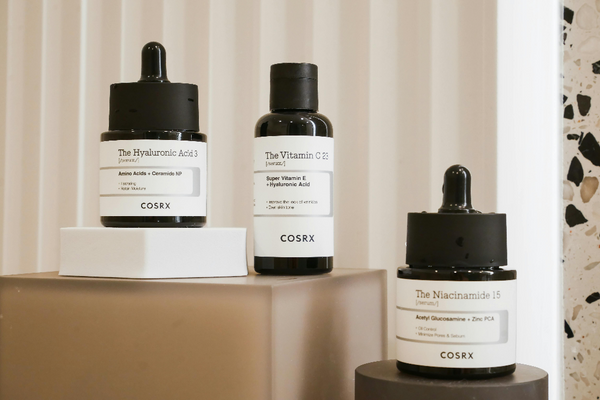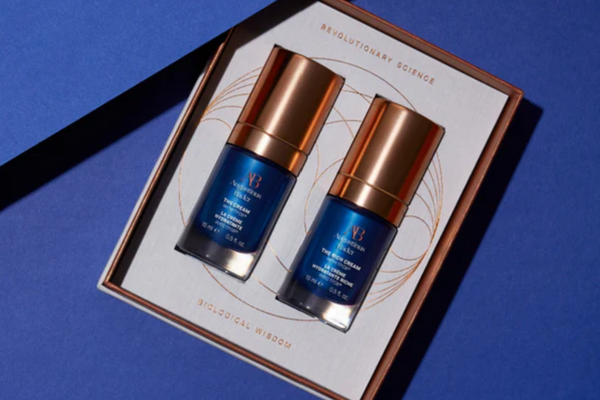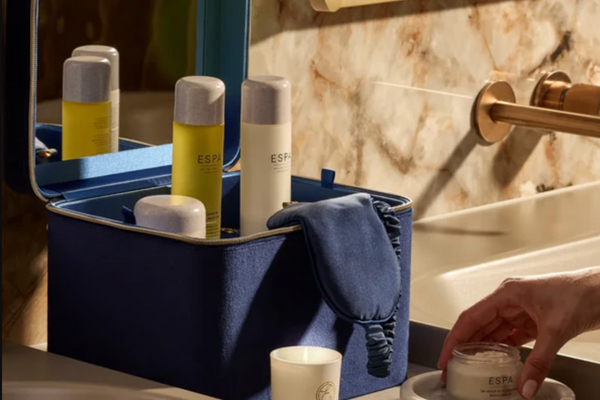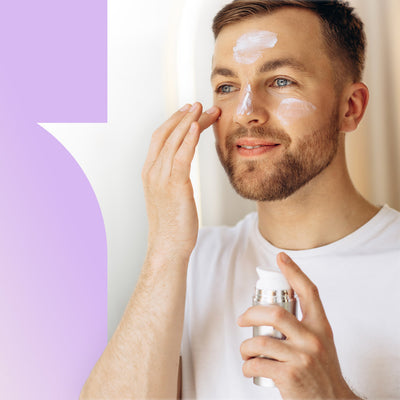What Are Verrucas & How to Treat Them?
Here's the thingnobody's perfect. We've all got little hang-ups, lumps and bumps here and there. But with flip-flop/sandal weather just around the corner, at Face the Future, we are on hand to...
Here's the thingnobody's perfect. We've all got little hang-ups, lumps and bumps here and there. But with flip-flop/sandal weather just around the corner, at Face the Future, we are on hand to zap away those little bumps known as verrucas. Read on to find out more and discover how we treat these pesky skin bumps in clinic
What is a verruca?
Verrucas, also known as Plantar Warts, are warts found most commonly on the soles of the feet caused by the Human Papilloma Virus (HPV). The virus infects cells in the skin, causing it to thicken and become coarse.Verrucas often appear as areas of flat, thicker skin with a harder edge around a softer centre. On closer examination, small black spots can be seen in the verruca. These are not “ as some people may believe “ roots in the warts, the black spots are caused by bleeding in the verruca as a result of daily activities like standing and walking.How do I know if it's a verruca or a callus?
A verruca is a viral infection, whereas a corn or callus is simply layers of dead skin. Distinguishable characteristics include:- Verrucas tend to be painful to pinch, where as corns are painful on direct palpation.
- Black dots are often seen in the lesion due to its own blood supply, corns do not.
- Verrucas can appear 'cauliflower' shaped in appearance with multiple verruca often referred to as cluster verruca (mosaic wart).
How did I get a verruca?
Warts and verrucas can spread from person to person by direct skin contact. They can also spread by contact with floors or surfaces contaminated with the virus. Although warts are contagious, it's thought that the risk of catching them is fairly low. You're more likely to get infected if your skin is damaged or wet, so infection can be linked to swimming pools and communal showers. You can also infect yourself if you scratch a wart or verruca, the viral particles may spread to other areas of your skin.You're more likely to develop warts and verrucas if you have a weakened immune system, taking months for a wart or verruca to appear after coming in contact with the virus.How do I stop it spreading?
- Wash your hands after touching a wart or verruca
- Change your socks daily if you have a verruca
- Cover warts and verrucas with a plaster when swimming
- Do not share towels, socks or shoes if you have a wart or verruca
- Do not walk barefoot in public places if you have a verruca
- Do not scratch or pick a wart or verruca
How do I get rid of it?
There are a number of ways to help remove verrucas, at Face the Future we have achieved incredible results using plasma technology successfully for many patients. Using a technology developed by ACP, plasma is generated at the tip of a needle. The easiest way to think of plasma is the 'fourth state of matter'.First, there is solid and when this is heated it becomes liquid. When liquid is heated it becomes a gas. When gas is heated, it becomes plasma.In plasma verruca treatment, the point of the needle is held just above the verruca. The plasma vaporises the verruca tissue so quickly, meaning there is minimal discomfort for the patient. An instant scab is created reducing the risk of infection and full aftercare instructions provided.Multiple treatments are recommended, usually spaced 4 weeks apart, depending on the verruca age and size. Treatment costs £99 per treatment.
To find out more about this treatment or to book a FREE consultation, please call the clinic on 0113 282 3300 or book online.
Written for you by: Kimberley, Face the Future

